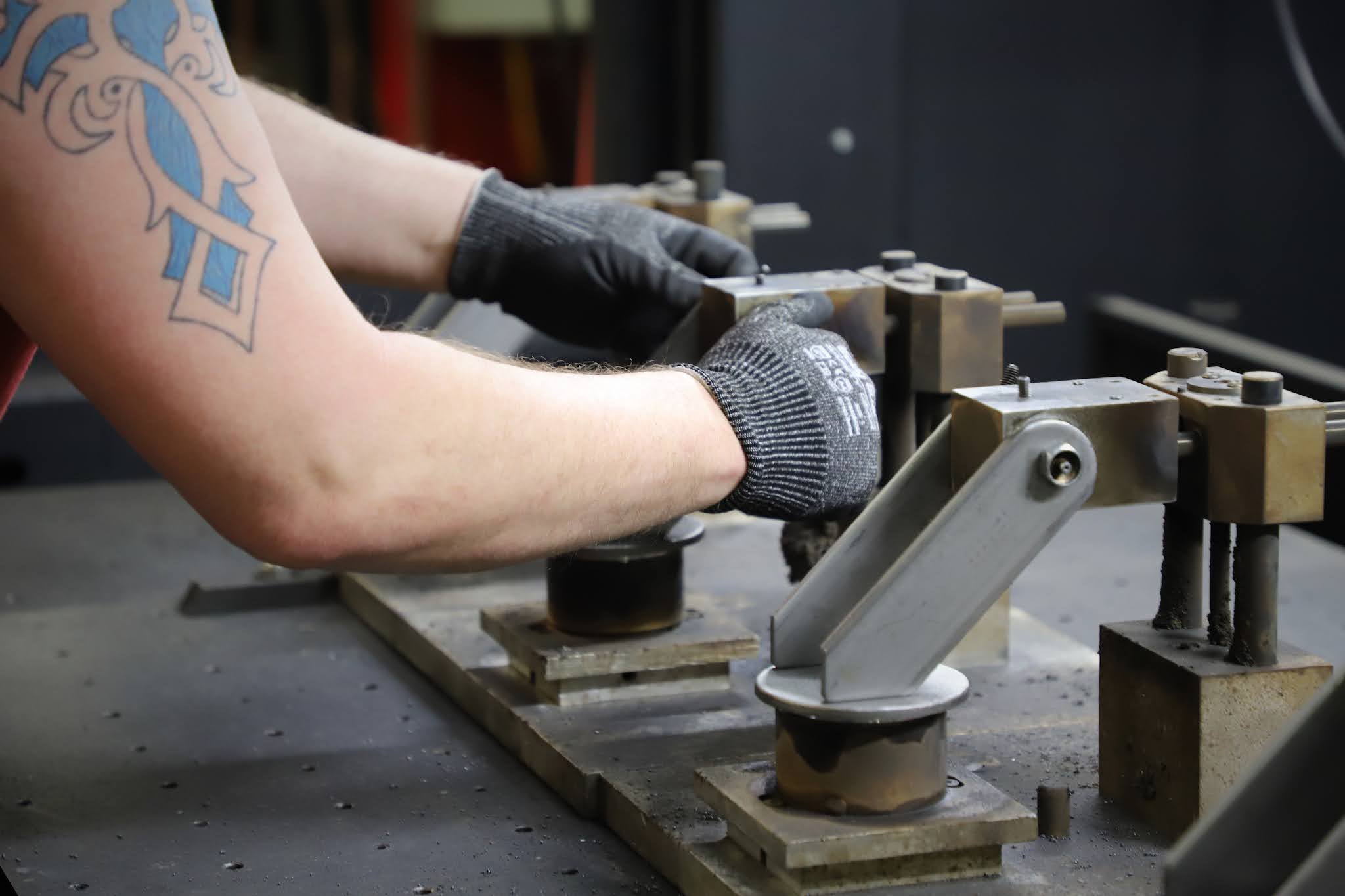Australian companies cannot afford to overlook the vital benefits of preventive maintenance when it comes to successful equipment, machinery and facility care. In today's world, equipment failures and emergency repairs can be highly costly.
Preventive maintenance operations should be included in a company's maintenance programmes if maintenance costs and equipment downtime are important asset management concerns.
Newer entities, on the other hand, have recently preferred reactive maintenance programmes. This is due to a lack of understanding of how general engineering in Melbourne or anywhere works, as well as a lack of resources.
If you're unsure which type of upkeep is best for your business, keep reading. In this piece, we'll outline six of the most important preventive maintenance benefits for businesses.
- Increase equipment life expectancy
Most equipment from toolmakers in Melbourne these days isn't cheap, but the better an organization takes care of its assets, the longer they will live. Preventive maintenance extends the life of equipment, allowing a business to get more hours out of it, lowering expenses and increasing profits.
Companies normally buy this type of equipment after calculating how long it will last and how much it will generate in a timely manner. Even if they have already factored in the expenses of repair or replacement, it's still a plus if preventative maintenance may extend the life of the equipment.
Even for disposable equipment, such as lighting units, preventive maintenance accomplishes this. - Reduce breakdown risk
Another major benefit of preventive maintenance is the reduced likelihood of breakdowns. In fact, most of the advantages described here are essentially due to this. Waiting until anything breaks down to do maintenance puts your facility in danger of lost productivity and a tarnished reputation.
You may dramatically reduce the risk of your equipment malfunctioning by planning maintenance ahead of time, providing you peace of mind as a facility manager. - Increased equipment efficiency
Inspections, oil and fluid changes, part replacements and other routine maintenance can all be planned with the help of preventive measures. These minor adjustments can significantly improve the efficiency of the equipment. As a result, a component manufacturing company in Melbourne will save money on fuel and energy because its equipment will be performing at its best. - Safety of your employees
When equipment isn't in good working order, it can lead to a variety of risks, dangerous working circumstances and even emergencies in which workers are injured. Preventive maintenance for example, in companies engaged in metal milling in Melbourne, increases the equipment's safety and thus, the safety of firm employees, resulting in fewer workplace injuries and accidents. - Improved reliability and customer satisfaction
Keeping equipment functioning as efficiently as possible not only saves money and generates more revenue, but also helps to build a strong brand image and improve customer satisfaction. Preventive maintenance is used in facilities that manufacture things for sale to avoid breakdowns and preserve the quality of the commodities produced. This ensures customer satisfaction with the product, which promotes the brand image. - Cost savings
Companies that rely only on reactive maintenance are simply waiting for a problem to occur, which may be a highly expensive strategy. Unplanned downtime can result in idle personnel, a halt in production, missed deadlines and long-term brand harm for property managers of hotels, resorts, school campuses and other consumer-facing enterprises. An unplanned breakdown may also involve paying technicians overtime and paying more for overnight component delivery.
Preventive maintenance charges can be scary at first, especially if your facility is on a limited budget. Maintaining your equipment, on the other hand, is an investment in your company's future.









Social Profile